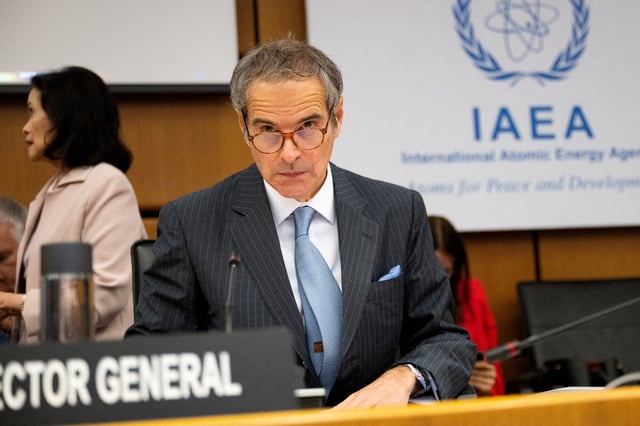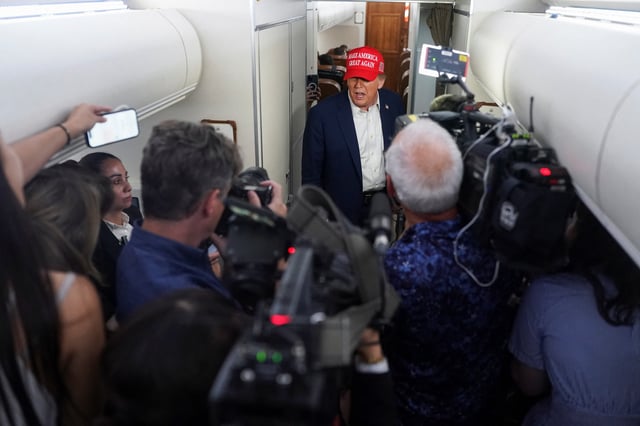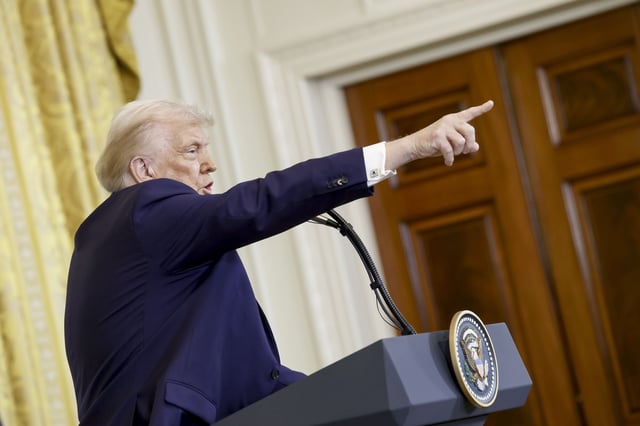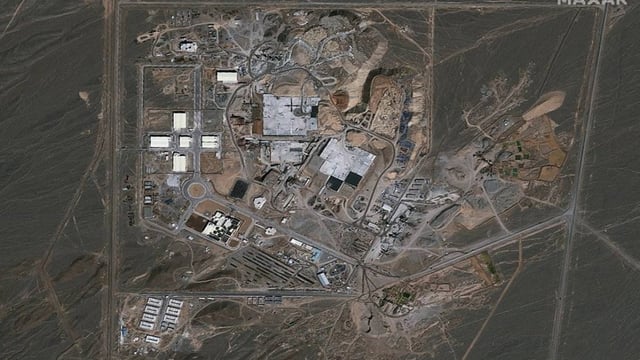Overview
- Iran’s parliament and President Masoud Pezeshkian enacted legislation requiring Supreme National Security Council approval for all future IAEA inspections and formally suspended cooperation from July 2.
- The IAEA said its last inspectors departed Tehran on July 4 after remaining through a 12-day US-Israel strike campaign on the country’s nuclear sites.
- IAEA Director-General Rafael Grossi has urged talks to establish modalities that would allow the resumption of indispensable monitoring and verification activities in Iran.
- Tehran maintains its adherence to the Nuclear Non-Proliferation Treaty, channeling any future oversight through its Supreme National Security Council for security reasons.
- Without on-the-ground inspections, the whereabouts and condition of over nine tonnes of enriched uranium, including more than 400 kilograms at up to 60% purity, remain unknown.



